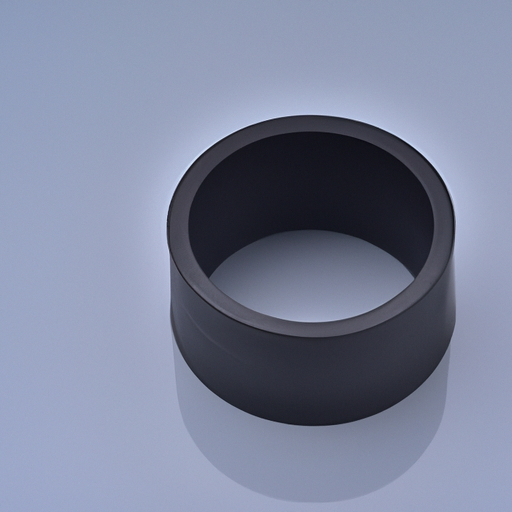Title: The Essential Product Features of Filters: Enhancing Efficiency and Quality

1. Filtration Efficiency (200 words) One of the primary features of filters is their ability to efficiently remove unwanted particles from a fluid or gas stream. The filtration efficiency of a filter is determined by its ability to capture and retain particles of a specific size or range. This feature is crucial in applications where the removal of contaminants is vital, such as in water treatment plants, pharmaceutical manufacturing, and automotive industries. Filters with high filtration efficiency ensure that the desired quality standards are met, preventing damage to equipment, improving product quality, and safeguarding human health.
2. Particle Size and Pore Size (200 words) Filters are designed to target specific particle sizes, and their effectiveness depends on the pore size of the filter media. The pore size determines the smallest particle that can pass through the filter. Filters with smaller pore sizes are capable of capturing finer particles, while larger pore sizes allow larger particles to pass through. The ability to select filters with the appropriate pore size ensures optimal filtration performance, preventing clogging and maintaining system efficiency.
3. Flow Rate and Pressure Drop (200 words) Flow rate and pressure drop are critical factors to consider when selecting filters. Flow rate refers to the volume of fluid or gas that can pass through the filter per unit of time. Filters with high flow rates are preferred in applications where a large volume needs to be processed quickly. However, it is essential to balance flow rate with filtration efficiency to ensure effective particle removal.
Pressure drop, on the other hand, refers to the resistance encountered by the fluid or gas as it passes through the filter. Filters with low pressure drop are desirable as they minimize energy consumption and maintain system performance. Balancing flow rate and pressure drop is crucial to optimize filtration efficiency while minimizing operational costs.
4. Filter Media and Material (250 words) The choice of filter media and material is crucial in determining the overall performance and compatibility of a filter. Different applications require specific filter media to effectively capture and retain particles. Common filter media include cellulose, activated carbon, ceramic, fiberglass, and synthetic materials like polypropylene and polyester. Each material offers unique properties such as chemical resistance, temperature tolerance, and mechanical strength, making them suitable for specific applications.
Additionally, the filter housing material is equally important. It should be durable, corrosion-resistant, and compatible with the fluid or gas being filtered. Common housing materials include stainless steel, aluminum, and various plastics. The selection of appropriate filter media and housing materials ensures optimal filtration performance, longevity, and cost-effectiveness.
5. Filter Longevity and Maintenance (250 words) The longevity and maintenance requirements of filters are essential considerations for any application. Filters that require frequent replacement or extensive maintenance can lead to increased downtime and operational costs. Therefore, filters with extended service life and easy maintenance are highly desirable.
Some filters incorporate features like self-cleaning mechanisms, which help prolong their lifespan by reducing clogging and the need for manual cleaning. Others may have indicators or sensors that provide real-time information on filter condition, allowing for timely replacements or cleaning. By selecting filters with extended longevity and minimal maintenance requirements, businesses can optimize their operations and reduce overall costs.
Conclusion (100 words) Filters are indispensable products that play a vital role in various industries and applications. Their essential features, including filtration efficiency, particle and pore size, flow rate and pressure drop, filter media and material, as well as longevity and maintenance, ensure optimal performance, quality, and cost-effectiveness. By understanding these features and selecting filters that meet specific requirements, businesses can enhance their processes, protect equipment, and maintain high-quality standards.





